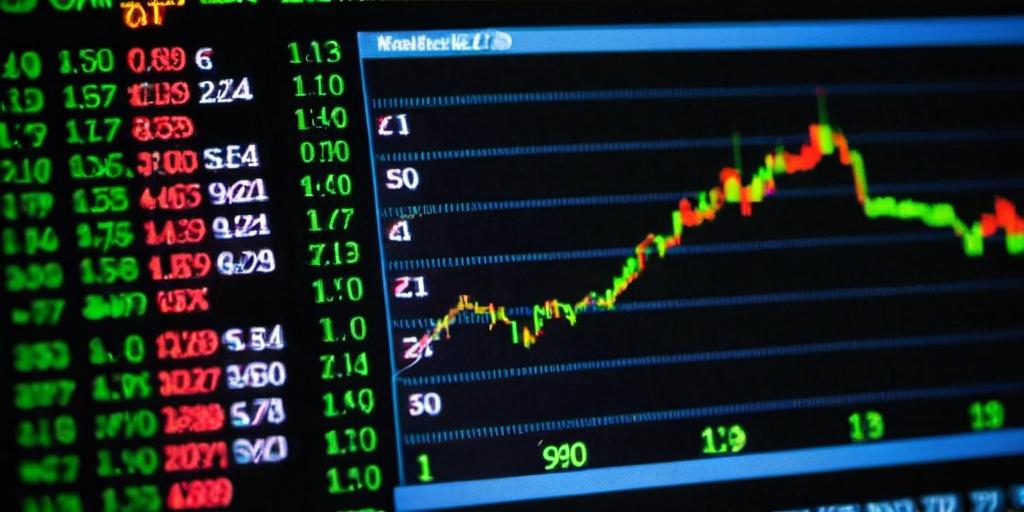Forex trading in Greece operates within the regulatory structure of the European Union, primarily under the supervision of the Hellenic Capital Market Commission (HCMC). As an EU member state, Greece enforces the Markets in Financial Instruments Directive (MiFID II), which standardises forex trading rules, broker obligations, and investor protections across all member countries. Greek residents can legally trade currencies through HCMC-licensed brokers or through MiFID-passported firms from other EU countries. That said, forex trading remains a niche activity in the Greek retail market, with activity driven mostly by a small number of active retail traders and institutional participants.
Regulatory Oversight and Broker Access
All forex brokers operating in Greece must either be licensed by the HCMC or hold a valid MiFID II license from another EU state and notify the HCMC of their cross-border operations. This system allows Greek residents to access a wide network of regulated forex brokers based in Cyprus, Germany, the Netherlands, Ireland, and elsewhere in the EU, without restrictions on account opening or product access, provided those firms meet regulatory conditions.
HCMC-regulated brokers are subject to capital adequacy requirements, client fund segregation rules, and strict transparency obligations. They are also required to implement leverage limits on forex contracts, in line with ESMA’s product intervention measures introduced in 2018. These limits are as follows:
- 30:1 for major currency pairs
- 20:1 for minor pairs
- 10:1 for exotic pairs
These restrictions are designed to reduce the probability of large losses among retail investors, many of whom historically used excessive leverage without fully understanding the risks involved.

Retail Forex Trading Environment
Retail forex trading in Greece is accessible, though still relatively small in scale compared to markets like the UK or Germany. A handful of Greek brokers provide forex trading platforms to local clients, but most retail traders use EU-regulated brokers headquartered abroad, particularly in Cyprus, which has developed into a regional hub for CFD and forex firms due to its tax framework and concentration of multilingual support infrastructure.
Traders can typically access the standard range of instruments, including major, minor, and exotic currency pairs, as well as CFDs on indices, commodities, and cryptocurrencies. Platforms such as MetaTrader 4 (MT4), MetaTrader 5 (MT5), and cTrader are commonly supported. Account opening is usually digital, with KYC and AML procedures aligned with EU requirements.
While retail participation exists, it is often limited by low disposable income, limited market education, and a generally conservative investment culture among Greek households. Those who do trade forex tend to fall into two groups: hobbyist traders using small accounts, and more experienced individuals using moderate leverage and technical systems.
Institutional and Corporate Involvement
At the institutional level, forex trading is used more for hedging and liquidity management than speculation. Greek banks, shipping firms, and exporters regularly engage in currency swaps and forward contracts to manage exposure to EUR/USD, EUR/GBP, and other key pair movements that affect international transactions and asset valuations. These trades are typically executed via interbank platforms or through institutional brokers, not retail platforms.
The presence of a large shipping sector in Greece also creates a steady demand for forex services among businesses operating with dollar-denominated contracts. Some of this activity filters into the domestic banking and brokerage environment, although much of it is managed through major European financial centres.
Risks and Regulatory Warnings
The HCMC and ESMA have both issued warnings over the years about the risks associated with leveraged forex trading, particularly when marketed to retail clients using high-pressure sales techniques, bonuses, or misleading performance claims. While such tactics are now banned under EU law, unlicensed offshore brokers continue to target Greek residents via social media and fake “investment training” portals. These platforms often operate outside regulatory oversight and offer leverage well beyond EU limits—sometimes up to 500:1—with no investor protection.
Greek traders using unregulated brokers face high risk of fraud, loss of funds, and limited legal recourse. The HCMC maintains a public blacklist of known unlicensed brokers and regularly advises investors to check a firm’s authorisation before opening an account. Funds held with unregulated brokers are not covered by the Hellenic Investor Compensation Fund or any equivalent EU scheme.
Taxation of Forex Gains
Forex gains realised by Greek tax residents are treated as investment income, taxed at a flat rate of 15%. Losses from forex trading are generally not deductible against other income types. Traders who are classified as professional or habitual traders may be subject to different tax treatment, including classification under business income, which carries different reporting obligations and progressive tax rates.
Income from foreign brokers must be declared in annual tax filings, and failure to do so can result in fines or audits. In recent years, Greek tax authorities have increased scrutiny of undeclared trading accounts and overseas investments, especially those linked to countries with favourable secrecy laws or low regulatory oversight.
Investor Protection and Available Support
Greek residents trading with HCMC-licensed brokers or passported EU firms are protected under EU investor protection frameworks. These include negative balance protection (ensuring traders cannot lose more than their deposit), leverage caps, standardised risk warnings, and segregation of client funds. For firms based in Greece, clients may be eligible for compensation from the Investor Compensation Fund, up to €30,000, in the event of broker insolvency.
Most larger forex brokers offer Greek-language support, client portals, and compliance with GDPR and other local regulatory frameworks. However, educational content and platform training remain underdeveloped in the local market, and many traders rely on foreign websites or informal forums for learning and strategy development.